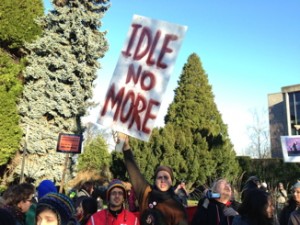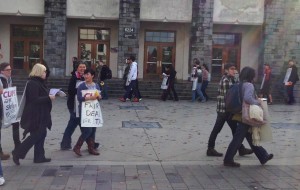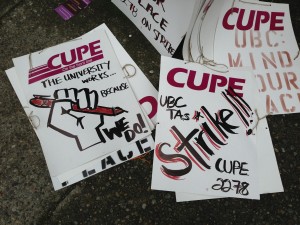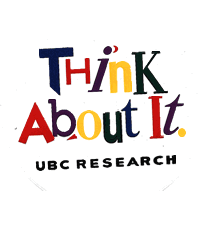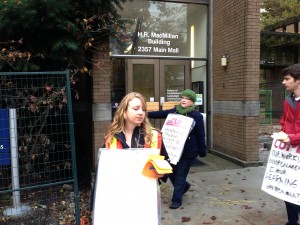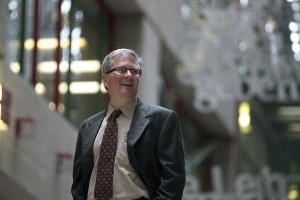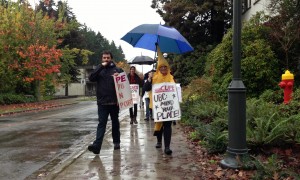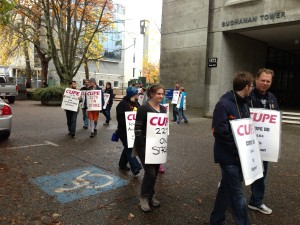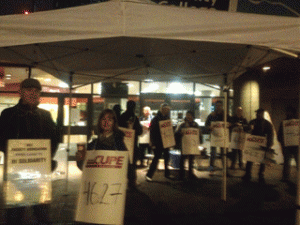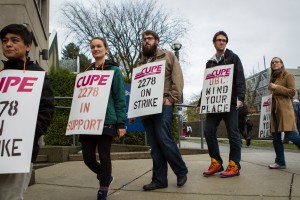- Erica Lee, photo by Richard Marjan
Jeremy Warren, StarPhoenix, 16 January 2013: Erica Lee is at the centre of Idle No More and has witnessed the best and worst of the made-in-Saskatchewan national movement.
Lee, a 22-year-old University of Saskatchewan student, manages the movement’s main Facebook page, which serves as Idle No More’s unofficial headquarters. It’s the hub where people from around the world go to find help organizing rallies, share stories and support the cause.
The Idle No More page is also where people go to vent and berate. Lee spends much of her day checking it to remove racist and violent comments.
“A teenage boy sent me a message calling me a ‘squaw,’ ” Lee said while scrolling through comments at a computer in the U of S Aboriginal Students’ Centre this week. “I’ve deleted messages that say, ‘Quit drinking Lysol.’ That’s a really common one.”
Lee, who also sits on the Indigenous Students’ Council, is never without a cell-phone and she regularly checks it between classes. The page reached 1.5 million people in the week leading up to Friday’s meeting between First Nations leaders and Prime Minister Stephen Harper, according to Face-book measurements that account for views, “likes” and “shares.”
There are also posts that inspire, Lee says. She is particularly fond of a picture someone posted of a lone person standing on a building in Palestine holding an Idle No More poster.
Lee deletes much of the racist comments, but she doesn’t shy away from criticism. Many people have questions about the goals and activities of Idle No More and honest dialogue might lead to some good, Lee says.
“We don’t want to remove dissenting comments because we want a good discussion,” she said.
“If you delete a question, people will never learn. There’s still so much misunderstanding about First Nations in Canada.”
Read more: StarPhoenix

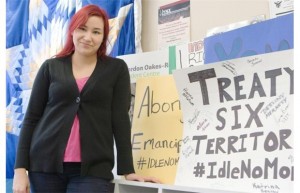
 Follow
Follow